Roundup Top 10!
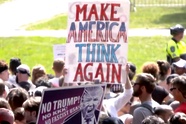
This is what an antiracist America would look like. How do we get there?by Ibram X KendiOpposing racism is not the same as building an antiracist society. The new Guardian series, Antiracism and America, looks at the structures that sustain a racist society - and how we dismantle them. |

Is There Such a Thing as an Authoritarian Voter?by Molly WorthenPolitical scientists want to know. They’re not the only ones. |

A New Middle East: Winners and Losers from Trump’s Abrupt Syria Withdrawalby Juan ColeAmong the losers: Israel, Kurds. Among the winners: Turkey, Iran, Russia. |
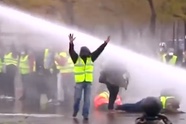
Voters Rebel in Europe’s Big Threeby Walter Russell MeadWestern political systems are under strain despite good economic times. |
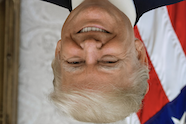
Turns out federal judges have little patience for Trump’s conspiracy theoriesby Max BootTrump defenders would be well advised to recall the ignominious fate of previous conspiracy theories before spinning fresh ones. |

It started with Nazis: Concerns over foreign agents not just a Trump-era phenomenonby Bradley W. HartThe initial aim of the 1937 Foreign Agents Registration Act was long forgotten: the prosecution of Nazis for interfering with American democracy. But that law is startlingly relevant to the US now. |

How human rights gained international supportby Jennifer VannetteInternational organizations forced nation-states to do the right thing. |
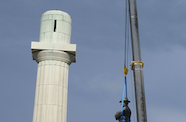
Some Civil War monuments need to go, others ought to stay, and still others should be builtby Michael NelsonThere are Confederate monuments, and there are Confederate monuments. |

Historians Should End Silence on Silent Samby Jonathan ZimmermanIt’s precisely because the statue embodies white supremacy that it should remain on the campus, in a history center that tells its full and hateful story. And my fellow historians should be the first people to say that. |
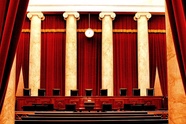
The Supreme Court confirmation process is actually less political than it once wasby Timothy S. HuebnerOur fights over nominees might be bitter, but they’re still less contentious than in the 19th century |